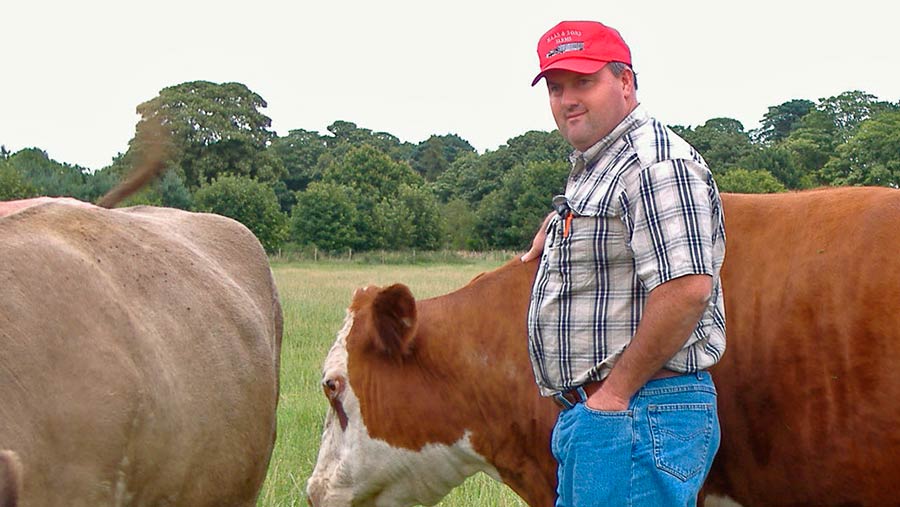Farmer Focus: Concerns as Trump plans to axe US trade deals

I was as surprised as anyone when Donald Trump was elected at US president. We all went to bed early on the night of the election because our press and media had pretty much decided weeks earlier that the Democrats were going to clean the house in the election with Hilary Clinton.
Well, what a surprise that the Republicans are now in total control of the entire US government. I suppose some would argue that Mr Trump’s pick for secretary of agriculture is the biggest question mark right now.
The biggest question is how President-elect Trump and the Republican Party will handle crop insurance and the disaster portions of the current farm law.
See also: Read more from our Arable Farmer Focus writers
Mr Trump is making a lot of promises about big infrastructure investments served along with tax cuts. It doesn’t take a genius to figure out that money is going to be short.
Crop insurance has become a must-have for many farmers and their bankers, so pulling money away from it will cause a great lot of upheaval in US farm country.
As far as I can work out, Donald Trump has the least agricultural experience of any president we have had in my lifetime, or maybe ever.
Rural America put Mr Trump in power, so will that mean he pays any attention to them? I rather doubt it, but I might be pleasantly surprised.
Another worrying aspect of the Trump presidency is his vow to undo many of our trade deals. US agriculture has become increasingly dependent on exports over the years. US farmers are going to be hit hard if foreign customers begin to view our trade deals as unreliable.
One thing is for certain, it will be fascinating to watch US politics unfold over the next four years and could end up being downright shocking.
Brian Hind farms 1,250ha of prairie land, of which 960ha is family-owned and the rest rented. Of this, 330ha is arable cropping with maize, soya, grain sorghum, alfalfa plus a mix of rye, triticale and turnips for grazing his herd of 400 beef cattle. Grassland is used to produce hay.
